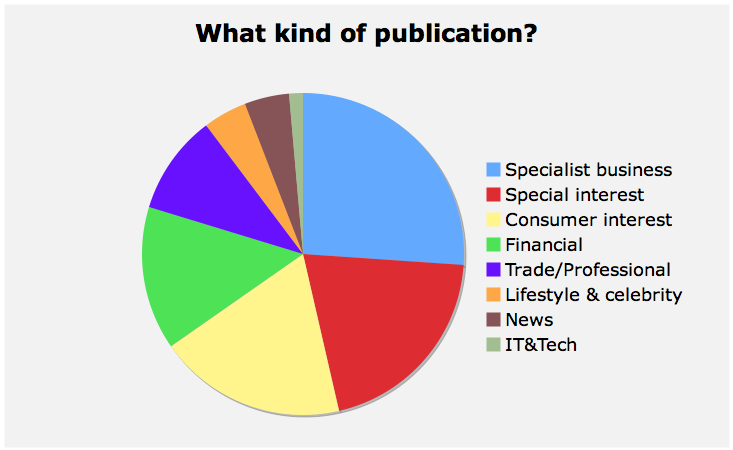Graduates jobs have plummeted by 24.9 per cent, and of the jobs that were available 25 per cent received between 1,001 and 2,500 applications, according to a survey released by the Association of Graduate Recruiters (AGR) this week.
Nearly half of employers received more than 50 applications for every graduate job, and the fiercest competition was in banking or financial services, investment banking, retail, engineering and the industrial sector.
The number of jobs cut was far worse than anticipated by recruiters, who had predicted just a 5.4 per cent drop in a February survey by the AGR.
More employers than ever are insisting on online-only applications this year (81 per cent) and the competition seems to have brought out the best in many graduates – 40 per cent of employers reported an improvement in the quality of applications.
According to the AGR, graduate recruitment in the media industry was not covered by the survey, because it is too small.
Indeed in April we reported that the Press Association had cancelled its graduate training scheme for the year.
The Telegraph Media Group and the Guardian have both suspended their training schemes for 2009 too.
Last year Trinity Mirror, once one of biggest recruiters of trainee journalists, imposed a recruitment freeze and suspended its training scheme for its national Mirror Group titles.
Other national titles are taking on smaller numbers of trainees, including the Daily Mail, the Times, the Sunday Times and the Sun.
The BBC is still running its annual journalism training scheme which launched in 2007.
But it would be interesting to compare the application rates to journalism graduate schemes with other sectors.
Particularly in light of the fact that applications to journalism degree courses were up 24 per cent this year, UCAS data released in February suggested, despite a scarcity of media jobs and experienced, out-of-work journalists are ramping up the competition.
What kind of response to entry-level/graduate jobs are you getting?

